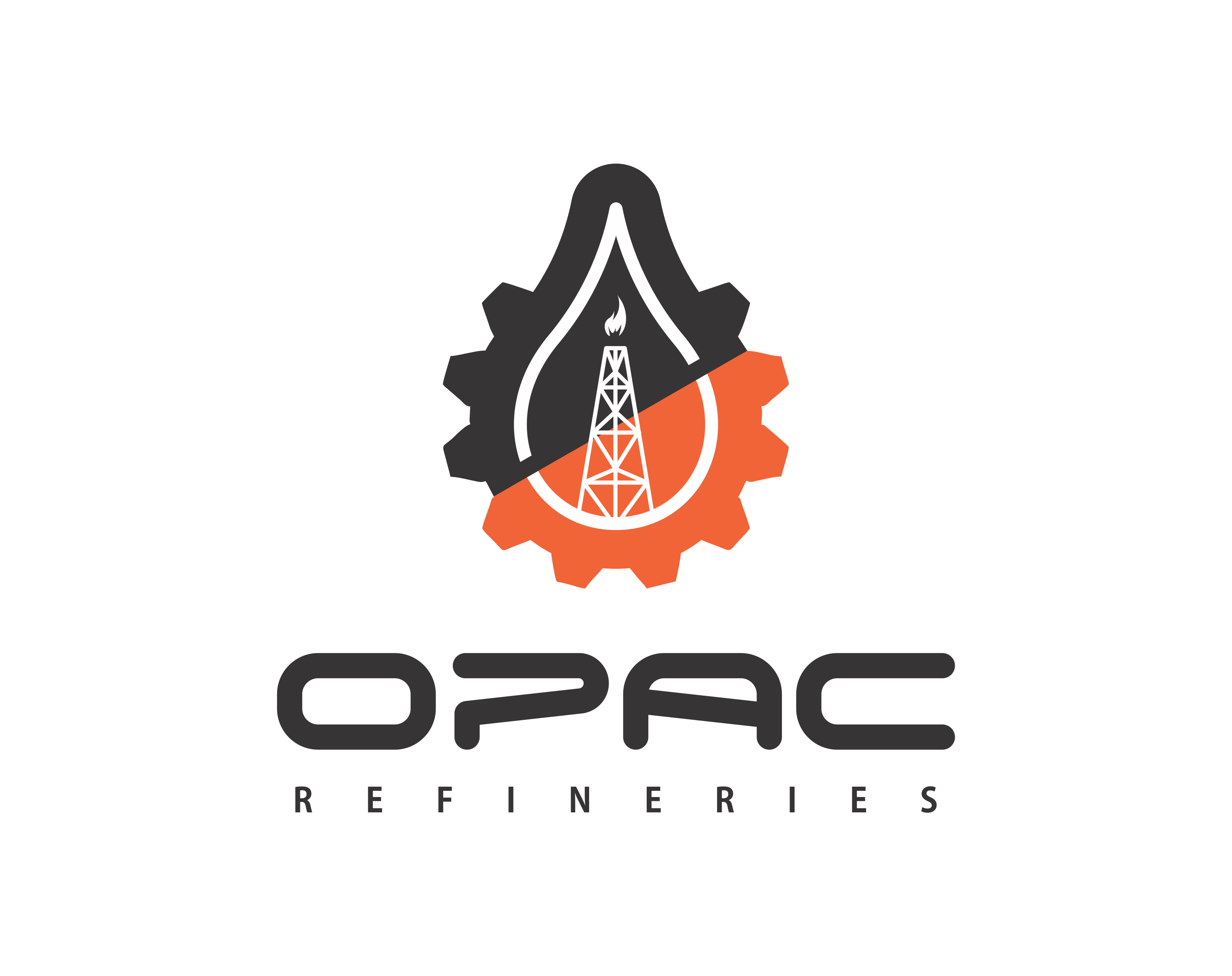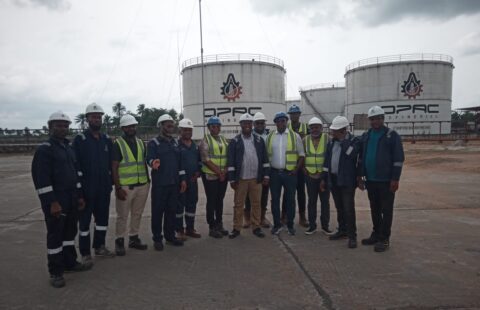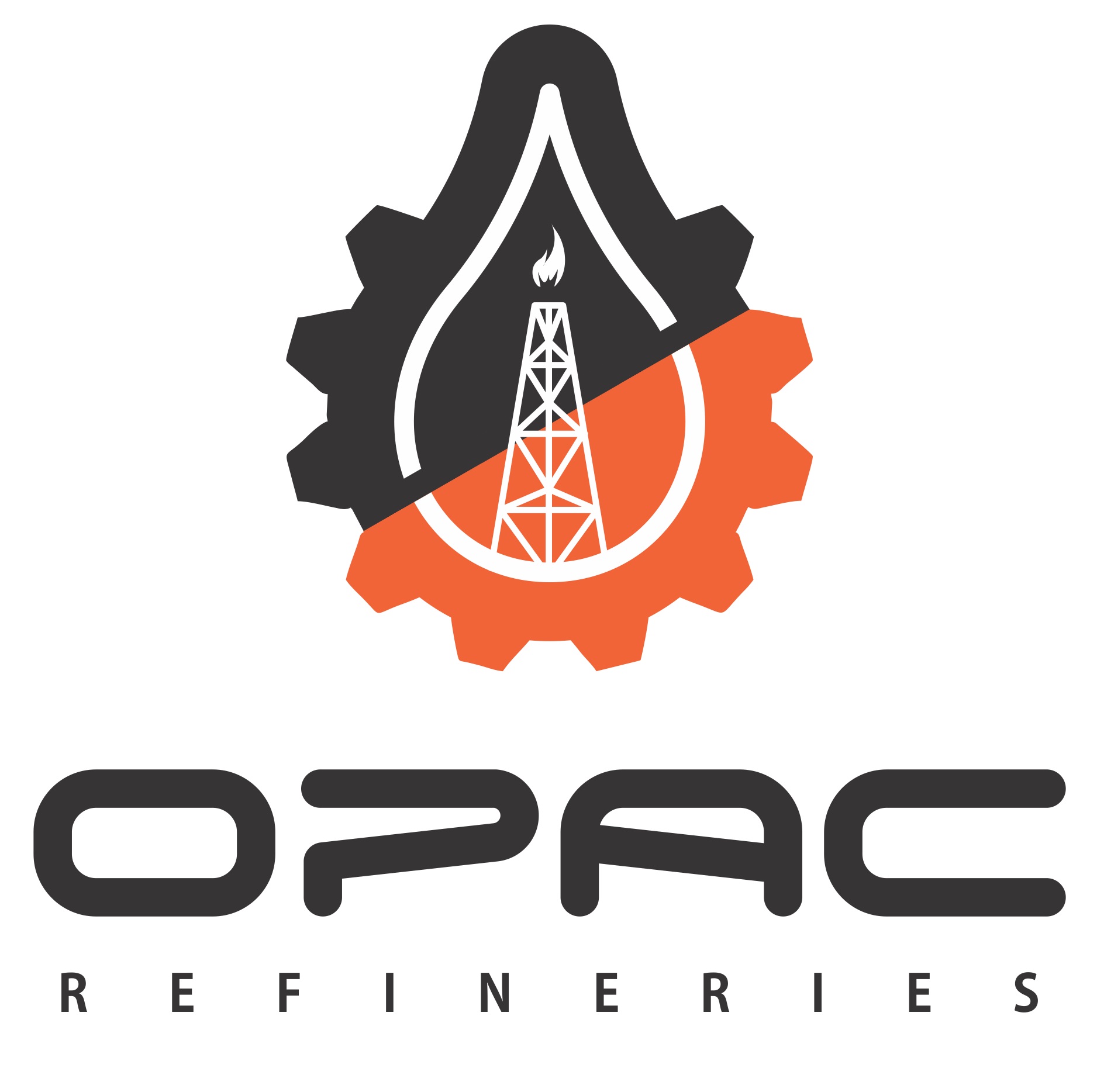
Advocating for Local Crude Refining and Naira Transactions: Insights from OPAC Refinery Chairman
Mr. Momoh Oyarekhua, Chairman of OPAC Refinery, recently participated as a panelist in the monthly Nigerian-South African Chamber of Commerce breakfast meeting. During the session, he addressed critical issues related to Nigeria’s current importation of refined petroleum products.
Mr. Oyarekhua posed a thought-provoking question: “Since we built the first refinery in Nigeria, have we ever run it at 100% capacity, as per its nameplate?” The answer, unfortunately, is a resounding “NO!” This revelation underscores the challenges faced by refineries in the country. Despite the presence of private refineries, operational efficiency remains a concern.
Highlighting the purpose of crude oil production, Mr. Oyarekhua emphasized that the primary goal is to refine the crude. However, achieving this objective has been elusive due to various factors, including inadequate infrastructure and insufficient support for local refineries.
Discussing the sustainability of crude oil exports, the chairman pointed out an intriguing paradox. While the Nigerian government earns foreign exchange (FX) by exporting crude oil, it simultaneously uses the same FX to import refined products. This circular process raises questions about long-term viability and economic efficiency.
Under Mr. Oyarekhua’s leadership, the Crude Oil Refineries Association of Nigeria (CORAN) has consistently advocated for a practical solution. Their proposal involves dedicating a specific portion of domestically produced crude oil to local refineries. Furthermore, they stress the importance of conducting transactions in the national currency, the Naira. By doing so, CORAN aims to bolster local refining capacity, reduce dependency on imports, and enhance economic stability.
In summary, Mr. Oyarekhua’s insights shed light on the urgent need for strategic interventions in Nigeria’s oil sector. Prioritizing local refineries and promoting Naira-based transactions could pave the way for a more sustainable and self-reliant energy industry.

- As local refiners, we need to ensure that petroleum products are consistently produced locally hence reducing the importation or refined products into the country.
- We also ensure that the products produced are sold in Naira into the local market to strengthen the value of the Naira.



